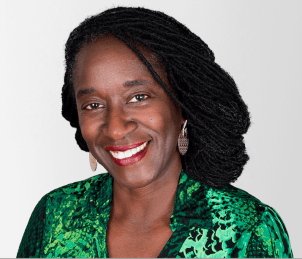There are many things I could write about Ruth Bader Ginsburg. I could tell you stories about my college friends chanting “Notorious RBG strikes again!” and wearing black tee shirts embroidered with lace collars. I could talk about her support for the LGBT community, people with disabilities, women and girls, and women’s right to choose. I could recite her many groundbreaking victories, not just as a Supreme Court justice but as a woman paving the way for future generations of female leaders.

As we face a world without Ruth Bader Ginsburg, and the implications of her empty seat on the Supreme Court, it’s far too easy to fall into a habit of despair and disaster omens. Instead, what’s important to remember is the legacy of RBG: a legacy of doing what is right, rather than what is easy, and standing up for what we believe in so that we give courage to others to follow our lead.
Read More









